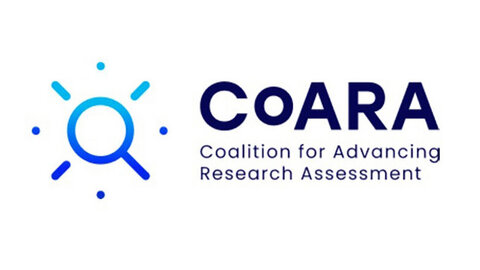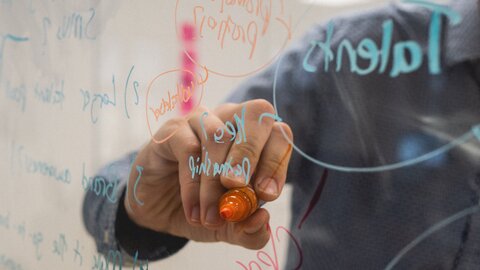AI Mission Austria: Excellent Outcome for Artificial Intelligence Funding Initiative

Artificial intelligence (AI) is one of the key technologies of our time. It offers enormous potential to drive progress in a wide variety of disciplines and areas of life. The AI Mission Austria initiative, which was founded in 2022 on behalf of the Federal Ministry of Labor and Economy, the Federal Ministry of Climate Action, Environment, Energy, Mobility, Innovation and Technology, the Federal Ministry of Education, Science and Research, and the Federal Ministry of Finance and implemented by aws, FFG, and FWF, was established to fund research on the development and application of artificial intelligence (AI) as a key technology.
AI research projects from various disciplines launched
The two-year application phase of the funding program financed by the Fonds Zukunft Österreich (FZÖ) expired in October 2024. The FWF was responsible for managing the funding initiative aimed at researchers in the field of university and non-university basic research. All in all, 96 applications were submitted in the programs 1000 Ideas, Principal Investigator Projects, ESPRIT, and Arts-Based Research. Of these, the FWF has approved 11 projects; 20 applications are still under review. A total of €4.32 million was approved. The FZÖ will cover a funding volume of €3.74 million, and the remainder will be financed by the FWF.
"The funding from the FWF as part of the AI Mission Austria was another important step in giving Austria's researchers the opportunity to further advance AI development. We would like to thank all the partners involved for making this funding initiative on a key future technology possible," summarizes FWF President Christof Gattringer.
Future proposals from the field of AI research can be submitted to the FWF’s thematically open programs.
The following projects were approved:
- Wolfgang Göderle: Moving in Space and Time; University of Graz
- Thomas Grill: Spirits in Complexity; mdw – University of Music and Performing Arts Vienna
- Karli Gillette: Sex-specific Virtual Heart Technologies of Electrophysiology; Medical University of Graz
- Ivona Brandic: Themis – Trustworthy and Sustainable Code Offloading; TU Wien
- Christiane Helling: ML supported Exoplanet Cloud Formation Modelling; Austrian Academy of Sciences
- Martin Urschler: Deep Active Learning for Medical Image Segmentation; Medical University of Graz
- Aleix Comas-Vives: Generative Design of Oxides as CO2 Hydrogenation Catalysts; TU Wien
- Bernhard Geiger: Information Planes and Decompositions; Know Center GmbH
- Corinna Peil: Generational Dynamics and AgriTech Transformation; Paris Lodron University of Salzburg
- Alice Barbora Tumpach: Geometric Green Learning on Groups and Quotient Spaces; Wolfgang Pauli Institute (WPI) Vienna
- Peter Kiss: Dynamic and Sublinear Algorithms for Local Problems; University of Vienna





